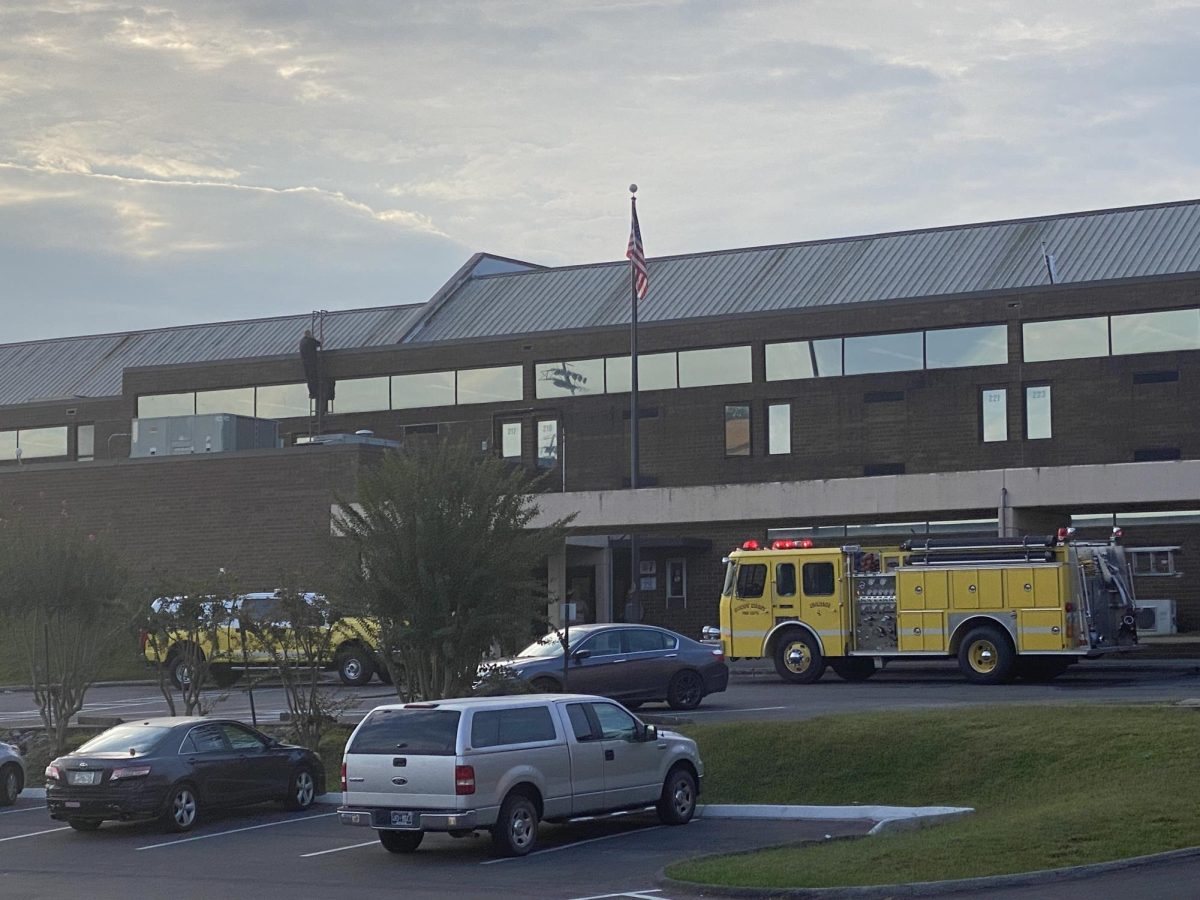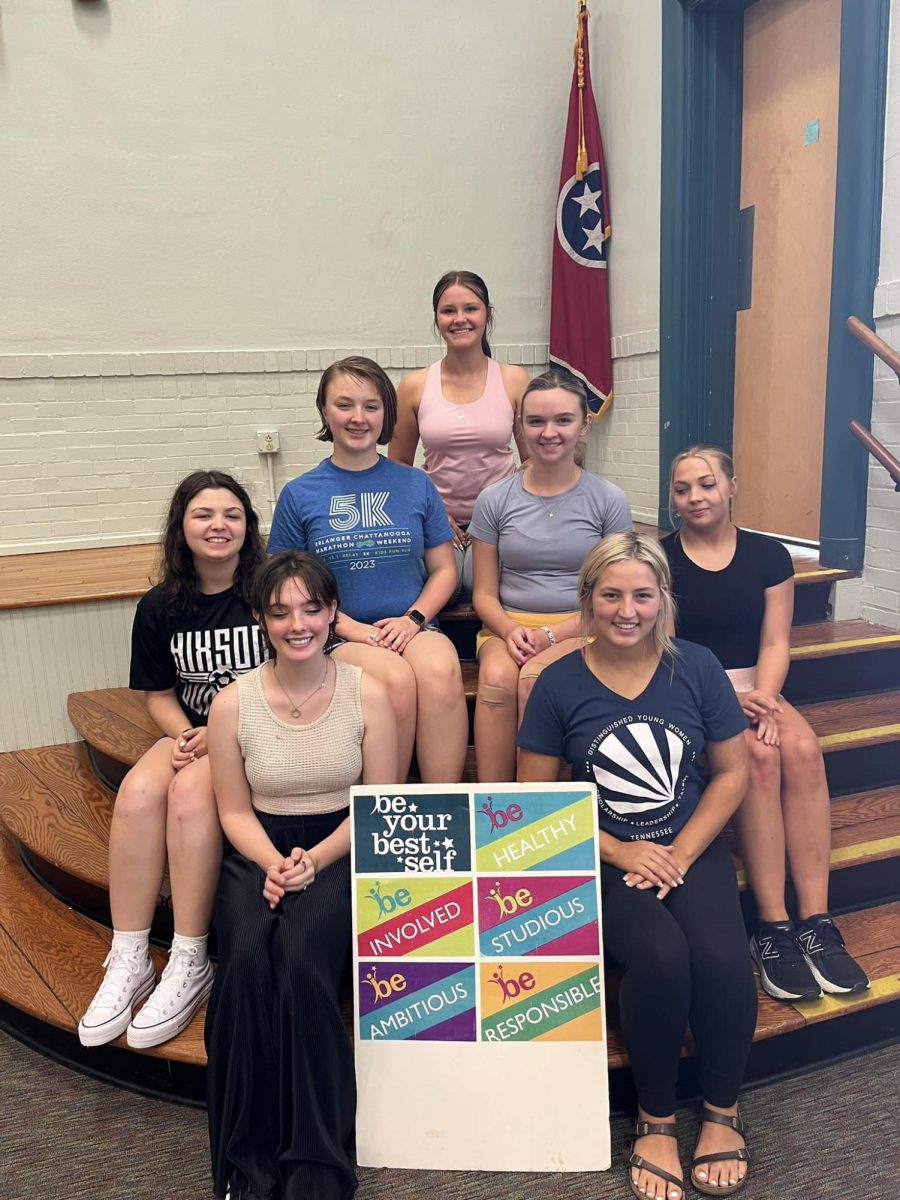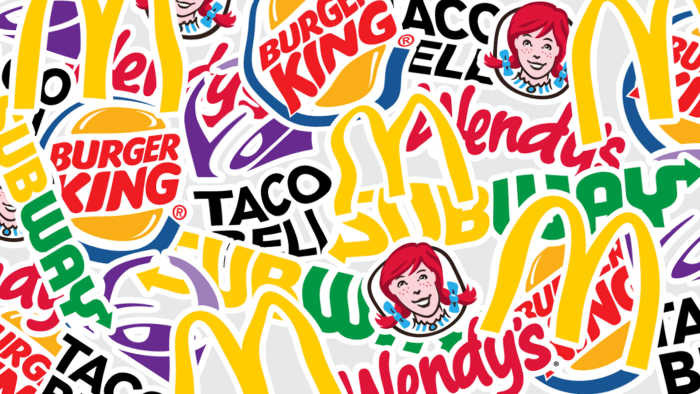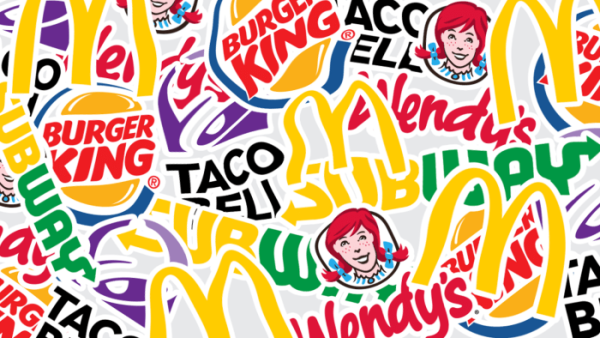Food is an essential part of our lives, a constant thought that drives us to eat three meals a day. It serves multiple purposes – providing protein, essential nutrients, and perhaps most importantly, delighting our taste buds. Yet, today’s food landscape in America is different from the past. Gone are the days of homemakers preparing daily meals for their families; now, it’s often fast food or quick fixes like cereal. The options for convenient eating may not always be the healthiest, but some are content with how food has evolved in America.
Viewpoint 1: Modern Farming and Food Safety
In America, agriculture relies heavily on chemicals like pesticides to protect crops from pests and diseases. There are strict regulations in place to ensure these chemicals maintain food safety and crop yields. Modern farming practices, along with innovative breeding techniques, have transformed the culinary experience. These advancements have led to more abundant and flavorful produce, enhancing the overall quality of food in the market.
The issue of obesity is often tied to lifestyle choices, including diet and physical activity. American supermarkets offer a diverse range of healthy food options. Tackling obesity is viewed as an individual responsibility, with choices at the core of the battle against this health concern.
Viewpoint 2: Battling Obesity and Chemical Concerns
In the United States, the struggle against obesity remains a significant challenge, affecting over a third of adults. Processed foods have played a central role in this epidemic, often containing excessive added sugars, unhealthy fats, and high salt content. The convenience and widespread availability of these processed foods make them an appealing yet detrimental choice, contributing to the obesity crisis.
Moreover, concerns arise from the use of various chemicals in American food production. From food additives to preservatives and artificial sweeteners, these substances have been scrutinized for potential health risks. Calls for stricter oversight and regulation of these chemicals in the American food industry have grown louder.
Comparisons with food standards in other nations reveal stark differences in the chemicals and additives approved for use in American food products. Some substances permitted in the U.S. are banned or restricted elsewhere due to safety concerns. This incongruity raises significant questions about the adequacy of regulations governing the American food industry and the level of protection afforded to American consumers.
Additionally, the evolution of crop varieties shaped by modern agricultural practices has sparked discussions about the quality and nutritional value of American produce. While these practices have boosted crop yields and uniformity, they have sometimes compromised flavor and nutritional content. Critics argue that modern crops may be less flavorful and potentially less nutritious than their ancient counterparts, raising concerns about overall food quality. Moreover, the shift towards monoculture farming poses threats to genetic diversity, making crops more vulnerable to pests and diseases and compromising food security and agricultural resilience.
My Position: Navigating the Food Landscape
In my exploration of food in America, I’ve uncovered troubling facts about the impact of our food choices on our health. It appears that crops grown in our country often undergo heavy chemical treatments and are injected with growth-enhancing substances, which can harm our bodies. This may explain why the United States is frequently labeled as one of the most overweight countries in the world.
What’s even more intriguing is the phenomenon observed when individuals leave the U.S. for vacation. Many people report losing weight and feeling healthier while abroad, only to see their weight fluctuate once they return home. This suggests that our American food plays a significant role in contributing to health problems.
These findings are supported by numerous studies and stories that shed light on the impact of American food on our well-being. Research has revealed that the consumption of processed and unhealthy food in the U.S. is linked to chronic diseases like heart disease, diabetes, and certain types of cancer. Moreover, the prevalence of fast food chains and the abundance of high-calorie, low-nutrient options only exacerbate the country’s obesity epidemic.
It is evident that the food landscape in America has far-reaching consequences for our public health. To address these issues, we must prioritize sustainable and organic farming practices, reduce the use of harmful chemicals, and educate ourselves and others about the importance of healthy eating. By taking these steps, we can create a healthier food environment that promotes overall well-being in America.
Conclusion: Shaping the Future of Food
Today’s world is vastly different from the past, and food has evolved alongside society. However, the future of food may hold a promise of more natural and nutritious options. This could mean a return to locally sourced, organic produce and a renewed appreciation for the flavors of traditional crops, moving away from processed convenience foods.
As we move forward, it’s clear that the future of food is in our hands. By making informed choices, advocating for healthier practices, and demanding stricter rules, we can shape a food landscape that not only sustains our bodies but also nourishes our well-being and the planet. The journey toward healthier, more sustainable food in America is one we must take together, and it starts with the choices we make today.




















